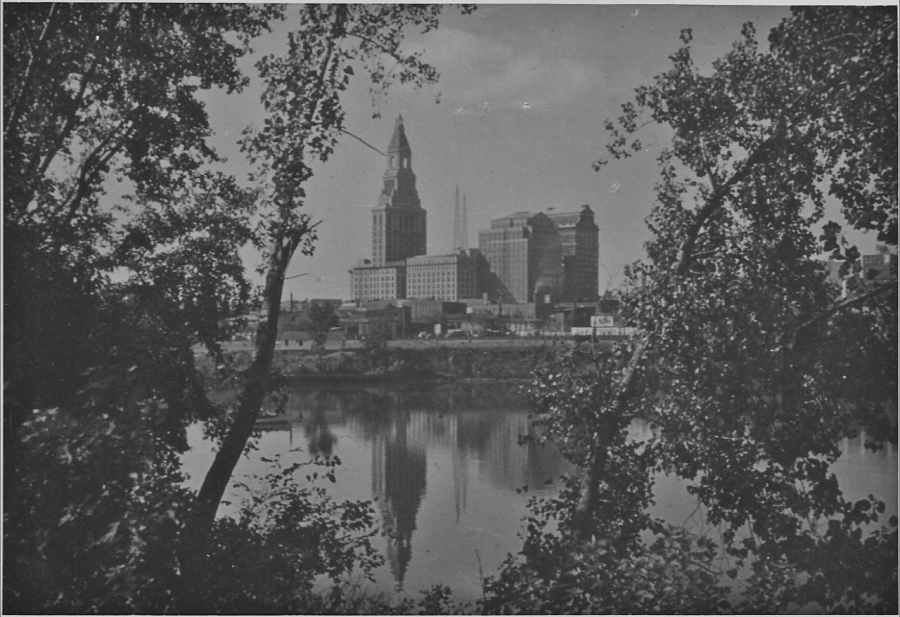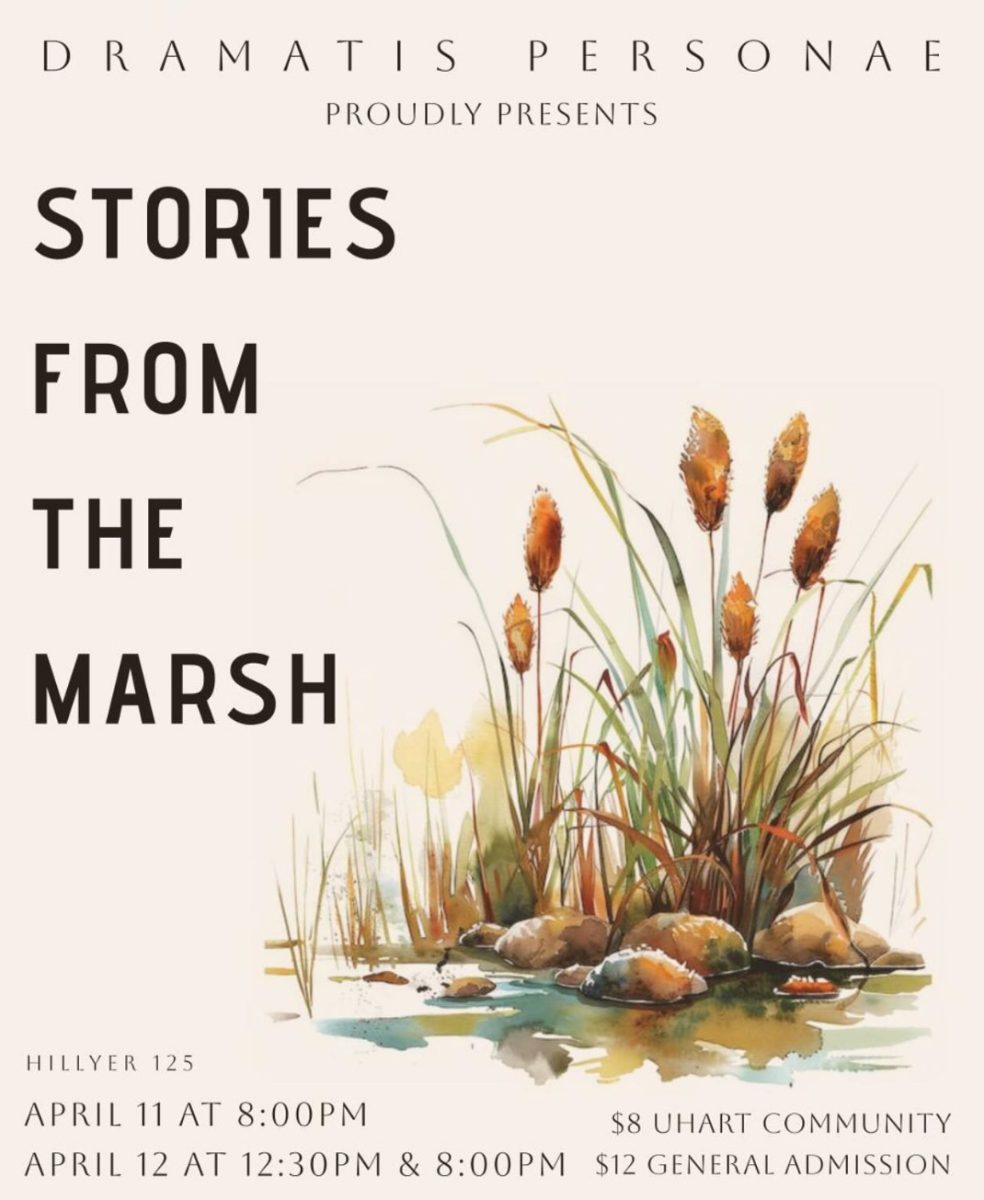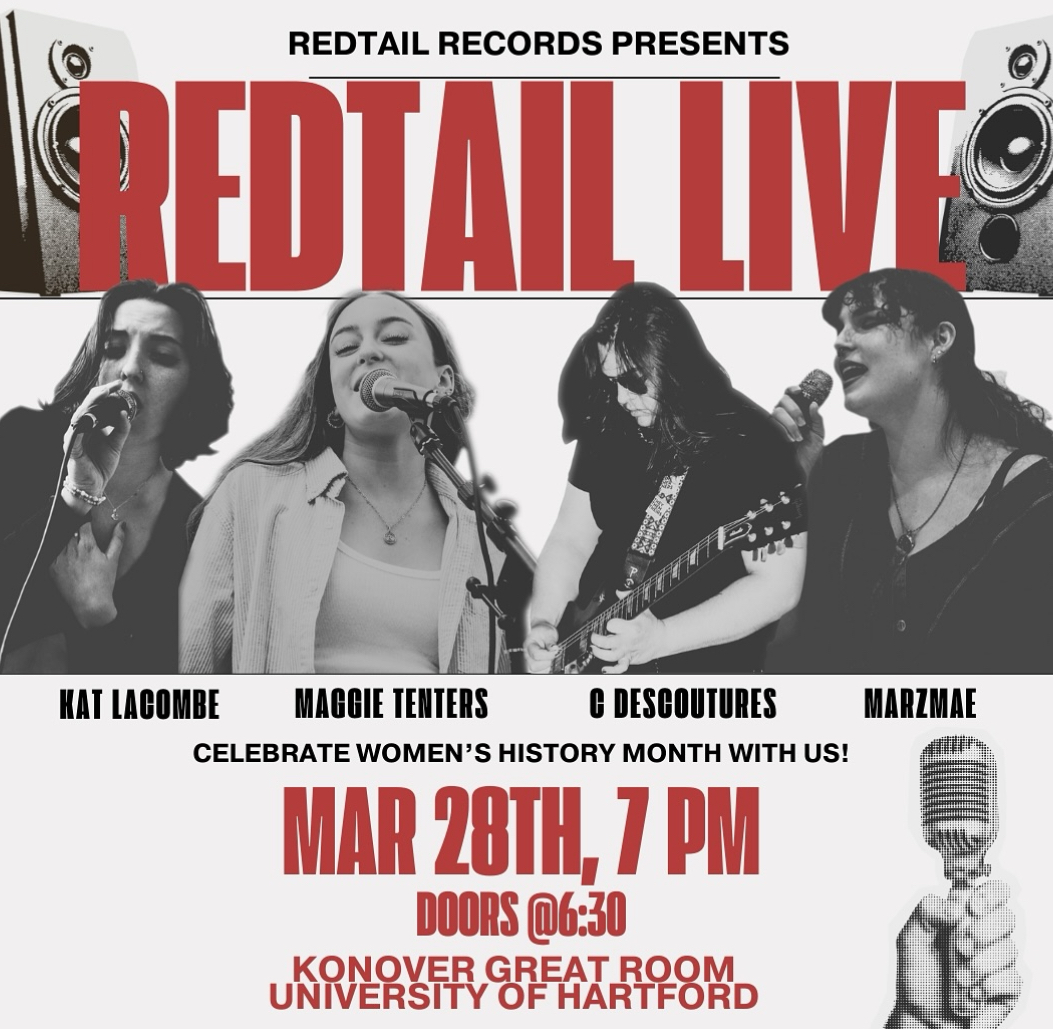Hartford’s Own Radio Station
November 16, 2022
If you are a Hartford resident or have family that has lived in the area for a number of years, chances are you’ll recall WTIC radio, now known as 1080 NewsTalk. The station itself has gone through many owners and subsidiaries, But its roots trace back to the Traveler’s Insurance building and the company of downtown Hartford. In the early 1920s, there was yet to be a dominant local radio station native to Hartford, CT. Radio at that time was in its infancy and was still the main method of communication for military personnel and a few special announcements.
Well to make a long story short, the AM radio came to Hartford soon thereafter, with towers set up on, or next to the Traveler’s tower. Besides bulletins and general news, the station became a beacon for entertainers and musicians alike. A select group of individuals would write scripts for soap operas, and the station even had a man who specialized in sound effects.
One of the first artists to make their debut at WTIC was Rudy Vallee, who had yet to make it big as a crooner and bandleader in the U.S. The 1930s saw the growth and expansion of the station and its status as one of NBC’s Red Networks. At one time, it was nationally syndicated. A member of my family was a part of the Traveler’s “Entertainment Girls” organizing performances at The Bushnell and more.
In the 1940s, things were just as busy at the station, and that’s where my own connection begins. My great-grandfather, unbeknownst to much of my family, was an up-and-coming musician.
He played the guitar and banjo, staples of jazz repertoire from that time period. With the popularity of the big bands in full swing, WTIC made regular broadcasts of top and local artists. I suspect my great-grandfather was involved with WTIC due to his connection to places like the former State Theater in downtown Hartford and the Bond Hotel, which were recording locations and popular venues.
Many decades later, much of that history has been lost to time. WTIC itself is very small compared to its early years, and there is little record of its activity. I have sought out recordings from that era on the internet, local libraries, etc. None have had much fruit to bear. Specifically, recordings of broadcasts from the 1940s or before, with music programs. Funny enough, the University of Hartford has an archive of WTIC records, but only of classical concerts after 1950. Nothing related to the “swing” era,
It is important to note that the University certainly had connections with WTIC from its beginnings to the 1960s. Professor Dee Hansen actually presented some content of WTIC from the early 1920s relating to the early days of the Hartt School during the Hartt 100 celebration.
WTIC also offered scholarships to communications majors in the 1960s. This was before the radio station moved to another location, and many things had changed.










